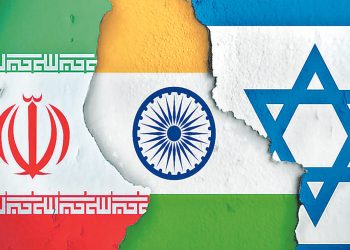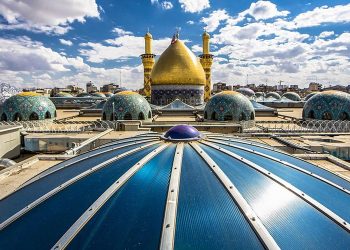In what it describes as a world-leading set of measures, Prime Minister Anthony Albanese announced Thursday that the Australian government will enact legislation to restrict children under the age of 16 from using social media. The legislation could be signed into law late next year.
As part of a series of steps that include some of the strictest regulations implemented by any nation to date, Australia is testing an age-verification system to help block children from accessing social media platforms.
“Social media is doing harm to our kids and I’m calling time on it,” Albanese told a news conference.
Albanese mentioned the dangers that excessive social media use poses to children’s physical and mental health, especially for females who are exposed to negative body image representations and misogynistic material targeted at boys.
“If you’re a 14-year-old kid getting this stuff, at a time where you’re going through life’s changes and maturing, it can be a really difficult time and what we’re doing is listening and then acting,” he said.
It is worth mentioning that several countries have already committed to enacting laws to limit children’s use to social media, but Australia has one of the strictest policies.
However, no country has attempted to implement a social media age cut-off utilizing age verification techniques like official identity or biometrics so far.
Other world-first suggestions from Australia include the highest age limit ever established by any nation, no exception for pre-existing accounts, and no exemption for parental approval.
Some experts believe that rather than educating young people how to navigate complicated online settings, prohibitions only postpone their introduction to apps like Facebook, Instagram, and TikTok.
Prior attempts to limit access, such as those made by the European Union, have mostly failed or been met with resistance by digital companies. And since there are techniques that can get around the age-verification criteria, there are still concerns about how implementation would go.
Digital Industry Group, a representative group that includes Meta, TikTok, X, and Alphabet’s Google as members, argues that this the policy may encourage young people to explore darker, uncontrolled corners of the internet if countries limit their access to legit websites.




































